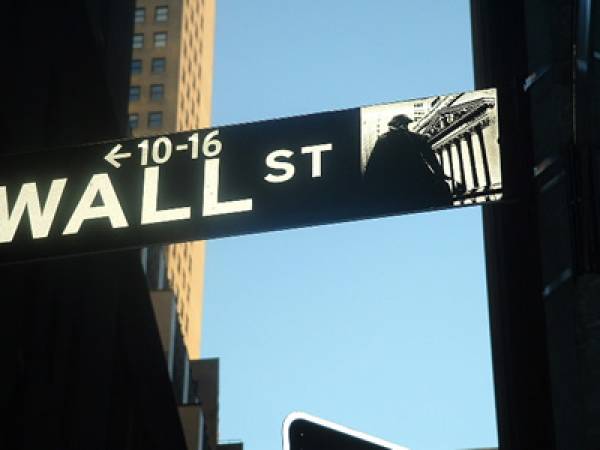The Bet That Blew Up Wall Street

(CBS) The world's financial system teetered on the edge again last week, and anyone with more than a passing interest in their shrinking 401(k) knows it's because of a global credit crisis. It began with the collapse of the U.S. housing market and has been magnified worldwide by what Warren Buffet once called "financial weapons of mass destruction."
They are called credit derivatives or credit default swaps, and 60 Minutes did a story on the multi-trillion dollar market three weeks ago. But there's a lot more to tell.
As Steve Kroft reports, essentially they are side bets on the performance of the U.S. mortgage markets and the solvency on some of the biggest financial institutions in the world. It's a form of legalized gambling that allows you to wager on financial outcomes without ever having to actually buy the stocks and bonds and mortgages.
It would have been illegal during most of the 20th century, but eight years ago Congress gave Wall Street an exemption and it has turned out to be a very bad idea.
--------------------------------------------------------------------------------
While Congress and the rest of the country scratched their heads trying to figure out how we got into this mess, 60 Minutes decided to go to Frank Partnoy, a law professor at the University of San Diego, who has written a couple of books on the subject.
Ask to explain what a derivative is, Partnoy says, "A derivative is a financial instrument whose value is based on something else. It's basically a side bet."
Think of it for a moment as a football game. Every week, the New York Giants take the field with hopes of getting back to the Super Bowl. If they do, they will get more money and glory for the team and its owners. They have a direct investment in the game. But the people in the stands may also have a financial stake in the ouctome, in the form of a bet with a friend or a bookie.
"We could call that a derivative. It's a side bet. We don't own the teams. But we have a bet based on the outcome. And a lot of derivatives are bets based on the outcome of games of a sort. Not football games, but games in the markets," Partnoy explains.
Partnoy says the bet was whether interest rates were going to go up or down. "And the new bet that arose over the last several years is a bet based on whether people will default on their mortgages."
And that was the bet that blew up Wall Street. The TNT was the collapse of the housing market and the failure of complicated mortgage securities that the big investment houses created and sold around the world.
But the rocket fuel was the trillions of dollars in side bets on those mortgage securities, called "credit default swaps." They were essentially private insurance contracts that paid off if the investment went bad, but you didn't have to actually own the investment to collect on the insurance.
"If I thought certain mortgage securities were gonna fail, I could go out and buy insurance on them without actually owning them?" Kroft asks Eric Dinallo, the insurance superintendent for the state of New York.
"Yeah," Dinallo says. "The irony is, though, you're not really buying insurance at that point. You're just placing the bet."
Dinallo says credit default swaps were totally unregulated and that the big banks and investment houses that sold them didn't have to set aside any money to cover their potential losses and pay off their bets.
"As the market began to seize up and as the market for the underlying obligations began to perform poorly, everybody wanted to get paid, had a right to get paid on those credit default swaps. And there was no 'there' there. There was no money behind the commitments. And people came up short. And so that's to a large extent what happened to Bear Sterns, Lehman Brothers, and the holding company of AIG," he explains.
In other words, three of the nation's largest financial institutions had made more bad bets than they could afford to pay off. Bear Stearns was sold to J.P. Morgan for pennies on the dollar, Lehman Brothers was allowed to go belly up, and AIG, considered too big to let fail, is on life support to thanks to a $123 billion investment by U.S. taxpayers.
"It's legalized gambling. It was illegal gambling. And we made it legal gambling...with absolutely no regulatory controls. Zero, as far as I can tell," Dinallo says.
"I mean it sounds a little like a bookie operation," Kroft comments.
"Yes, and it used to be illegal. It was very illegal 100 years ago," Dinallo says.
Continue reading and watch the 60 Minutes report on the Bets That Blew Up Wall Street Here....













